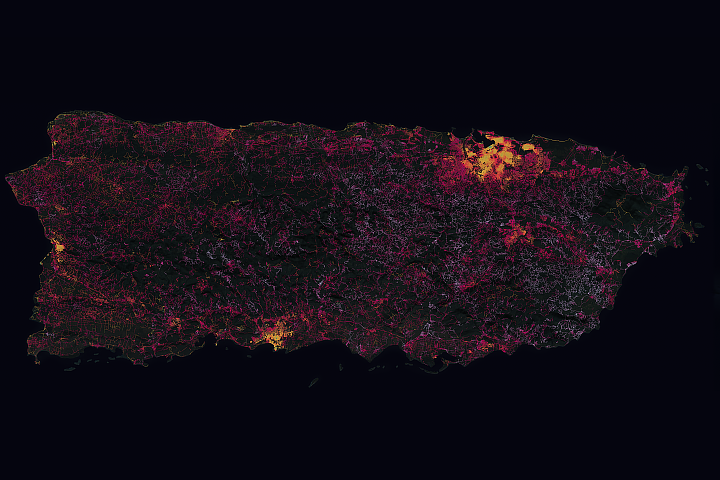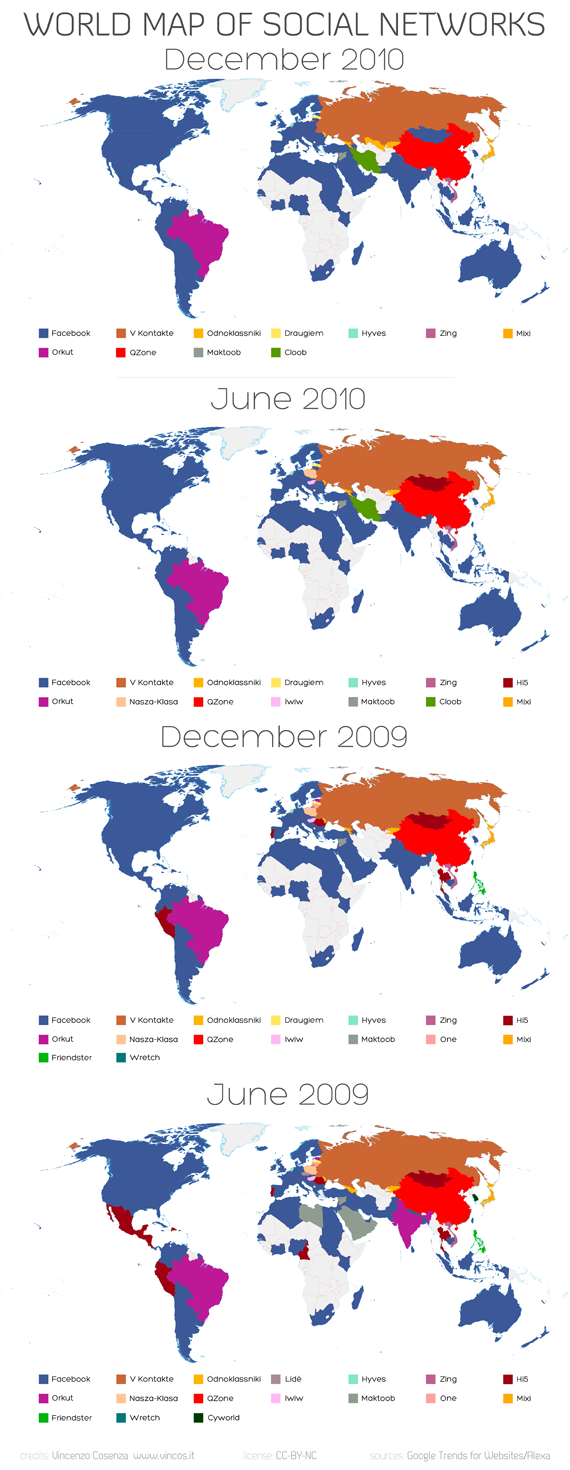
Chávez é um dos paradoxos da globalização. Por mais crítico que seja do "imperialismo" norte-americano, depende precisamente deste poderio para remeter seus 60% de hidrocarbonetos. Se os EUA tivessem como fechar a torneirinha do comércio externo, a "revolução bolivariana" estaria fadada a extinção.
Ocorre que no contexto regional, Chávez procura se impor como líder imperialista no cone sul, em uma área que, tradicionalmente, sempre foi dividida por uma péssima rede infra-estrutural e cindida por diversos interesses regionais. Sua influência no Caribe, p.ex., não é tão grande quanto na própria América do Sul. Mas, em termos propriamente econômicos, que outro consumidor potencialmente grande há além do Brasil? Ninguém. E, provavelmente, a influência chavista está por trás do conflito boliviano-brasileiro quanto a Petrobras.
Nosso presidente poderia dizer o que mais além de concordar com o fechamento da RCTV por Chávez?
Imagine o brutal incidente diplomático se dissesse o oposto? Que o partido de Lula nunca primou pelo endosso a sociedade democrática, esta é outra questão que foge aos imperativos da chamada Razão de Estado.
Vejamos aqui um típico exemplo de paranóia de nossos pseudo-analistas em geopolítica:
É... A Bolívia ter rompido contratos com a Petrobras - tal qual desejariam muitos sindicalizados da CUT que o Brasil fizesse a mesmíssima coisa com outras multinacionais... -, é tudo "armação", pois não tem como entrar na cachola dogmática, previsível e conspiratória do imbecil individual olaviano que aliados e "amigos" de ontem podem divergir amanhã e se tornarem competidores.
Analogamente, para estes paranóicos olavettes, o Congresso brasileiro criticar a estatização da TV venezuelana e o fechamento da RCTV, ao que levou Chávez a replicar também deve ser tudo "encenação". Nada disto deve ser realidade, pois por trás de tudo existe a entidade demoníaca do Foro de São Paulo, mais um dos incipientes encontros em que os fósseis da esquerdaiada latrinamericana procuraram, em vão, se articular e iniciar um processo dominó de revoluções. Se alguém acredita na eficácia disto é por que, daí sim, não passa de um imbecil coletivo, na mesma e proporcional medida em que o ridículo site Mídia Sem Máscara não é sério.
O que se observa na "análise" de Olavo de Carvalho é que a administração Bush não é competente, a priori. É como se os americanos não soubessem avaliar e intervir na situação latino-americana dividindo o bloco ao acenar com o comércio do biodiesel.
Do que se depreende o anátema da "orquestração do conjunto"? Que tudo não passa de uma encenação na qual os "bem articulados" latino-americanos estão para passar a perna em Washington. Puro conspiracionismo...
Brasil "anestesiado" e "moribundo"? Como se nossa relação risco/retorno está melhorando? Como se no agronegócio o Brasil suplantou os EUA na exportação de soja no ano passado? Não, não dá para levar um indivíduo destes a sério. Olavo de Carvalho morreu e esqueceram de enterrar...
Agora, um texto elucidativo:
Mercosur and Brazil: The Venezuela Question and Quitting Time
Despite recent conciliatory gestures between the presidents of Brazil and Venezuela, Brazil's Senate has shown a new determination to block full membership for Venezuela in the trade group Mercosur as part of the fallout from the revocation of Radio Caracas TV's license. If Mercosur denies Venezuela, it could become a more viable trade group, though that greatly depends on Argentina's stance following elections later this year. Ultimately, Brazil will have to leave Mercosur if it does not become a more effective trade body.
Analysis
Venezuelan President Hugo Chavez said June 6 that Venezuela and Brazil are friends, and that he appreciates Brazilian President Luiz Inacio "Lula" da Silva's recent statement to that effect.
This attempt at reconciliation is not likely to overcome a spat between Chavez and the Brazilian Senate over the past week, however, the upshot of which could be denial of Venezuelan entry into Mercosur. Meanwhile, if Cristina Fernandez de Kirchner is elected as Argentina's president at the end of the year, she could subtly realign Argentina's position within the trade group. If these outcomes coincide, Mercosur might be significantly strengthened. But if Mercosur fails to get its act together, Brazil will outgrow Mercosur.
The current troubles between Venezuela and Brazil began May 30, when Brazil's Senate issued a resolution condemning Chavez's May 27 decision not to renew Radio Caracas TV's (RCTV) public broadcast license. Chavez responded by calling Brazil's Senate a "parrot that just mimics Washington," at which point da Silva said Venezuela should mind its own business. Members of two of the largest parties in the Brazilian Congress, the Brazilian Social Democracy Party and the Democrat Party, started voicing opposition to Mercosur membership for "a country that cannot respect disagreement in a civil fashion." Venezuela's entry has yet to be approved by legislative bodies in both Brazil and Paraguay.
The Doha global round of trade talks is likely to finally dead-end this summer regardless of whether U.S. President George W. Bush's trade promotion authority is extended by Congress, which appears unlikely. Once Doha collapses, trade representatives worldwide will renew their attention to bilateral negotiations. If Venezuela is not admitted to Mercosur, the trade group's potential for forming agreements with other nations has a better chance of succeeding. This is not due to any hostility between Venezuela and potential trade partners in Europe or Asia, but merely because Venezuela's objectives within Mercosur have more to do with regional politics than with global trade. Therefore, Venezuela would likely be an obstructive presence in attempts, particularly by Brazil, to steer Mercosur toward success in global trade.
Even before Venezuela began the process of entry into Mercosur, the trade group's other four members had difficulty maintaining the unity of approach needed to keep a coherent internal tariff structure, much less to bargain collectively and effectively with other potential trade partners. Brazil and Argentina, the group's significant economies, have had strained relations since Argentina's economic collapse in 2001-02, when Argentina accused Brazil of protecting itself rather than providing substantial assistance.
Meanwhile, Uruguay and Paraguay tend to argue that they need special protections, exemptions and incentives in any agreement given their small size -- and in Paraguay's case, because of its endemic poverty. Furthermore, Uruguay and, to some extent, Paraguay are interested in negotiating a free trade agreement with the United States, which would pull them away from Mercosur's requirement that all negotiations be jointly conducted.
If Venezuela is kept out of Mercosur, the group will still have difficulty operating effectively unless Brazil and Argentina make a determined effort to cooperate. There are some positive signs in this regard, not least of which is the current attempt by the two countries to stop buying goods from each other in U.S. dollars and instead conduct local trade directly in local currencies. It is doubtful whether such a move actually will reduce trade costs as each side claims, but regardless, the move is a strong symbol of increased trust.
Argentine President Nestor Kirchner has not yet announced whether he will seek re-election in October, or whether his wife, Cristina, will be the candidate instead. Whoever runs is likely to win, and the country probably will continue on a similar course regardless of whether Kirchner remains president or becomes first lady as he recently joked.
In the case of regional relationships, a Cristina election could actually make some difference. Kirchner is more likely to feel an obligation to cause a fuss if Venezuela is shut out of Mercosur because of his warm relationship with Chavez. His wife, while diplomatically adept, is known for having a less favorable view of Chavez, which could lead her to a warmer relationship with Brazil and stronger cooperation in Mercosur. Nonetheless, either Kirchner might be constrained by dependence on Venezuela's provision of cheap credit to Argentina -- a luxury not available elsewhere following Argentina's 2001 default.
If Venezuela's attempt to join Mercosur is rebuffed, it also will drive a wedge into a widening split between the moderate and populist countries in the region. Da Silva has sought throughout his presidency to avoid any strong break with Chavez, but events this year -- particularly the U.S.-Brazilian ethanol partnership, the contentious formation of the Banco del Sur and the RCTV incident -- all have pushed the countries further apart. Venezuela appears to have acknowledged its failed bid to gather the entire region into its Bolivarian vision, having abandoned its enthusiasm earlier this year for the Union of South American Nations integration framework, and is attempting instead to consolidate its Bolivarian Alternative for America (ALBA) partners into a military alliance, failing this week as Stratfor predicted to achieve approval for the more ambitious ALBA federation of republics.
Meanwhile, Brazil's tolerance for a dysfunctional Mercosur could reach a break point if da Silva cannot turn the group around during the remainder of his second term. Brazil's economy is strong and the country is receiving direct overtures for establishing a strategic partnership with Europe. A pending trade agreement between Mercosur and Europe has stalled for years, largely because of a standoff on agricultural issues. Though it would be a tall order, Brazil might be willing to make compromises on agriculture that Argentina is not -- thus accentuating Brazil's incentives to abandon the trade group. Even in other trade cases -- with the United States being the ultimate case -- Brazil's commitment to not negotiate free trade agreements independently of Mercosur could become an unsustainable shackle. Either Mercosur will get its act together, or Brazil will outgrow Mercosur.
www.stratfor.com apud A.B.














No comments:
Post a Comment